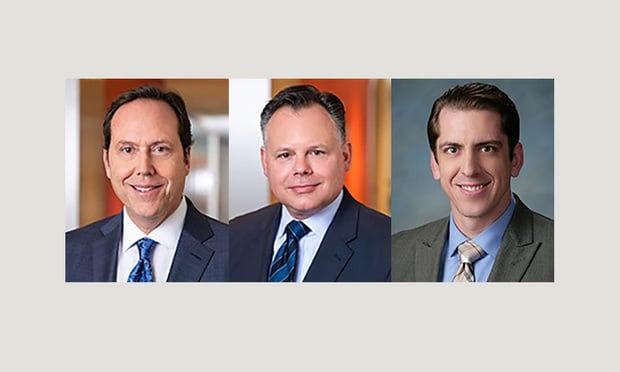Disgorgement has long been one of the Security and Exchange Commission’s most powerful enforcement tools. The courts’ authority to order disgorgement in SEC enforcement actions has been the law of the land for more than 40 years, and the SEC’s primary tool to deter violation of securities laws. Yet, what has been considered settled law supporting the SEC’s authority to seek disgorgement, may soon be overturned. The US Supreme Court has agreed to hear Liu v. Security and Exchange Commission, which directly challenges the SEC’s authority to seek disgorgement. This challenge was invited by the court’s recent decision in Kokesh v. Security and Exchange Commission, wherein the court determined that disgorgement, as sought by the SEC, is a penalty not an equitable remedy. This dramatic shift by the court left cracks in what has been a foundational aspect of the SEC’s regulatory authority. Indeed, it is anticipated that the court, having already reclassified disgorgement as a penalty, may well overturn the authority previously used to support the SEC’s use of the remedy as its primary enforcement mechanism. The outcome has the potential to change the regulatory landscape for many years, not to mention the immediate impact such a change would have on the currently pending investigations and enforcement actions.
The Regulatory Context
Disgorgement has been widely used by the SEC as an “equitable” remedy, whereby violators forfeit their ill-gotten gains. Indeed, “disgorgement is designed to deprive a wrongdoer of unjust enrichment, and to deter others from violating securities laws by making violations unprofitable.” See Security and Exchange Commission v. JT Wallenbrock & Associates., 440 F.3d 1109, 1113 (9th Cir. 2006). Yet, in June 2017, the Supreme Court in Kokesh v. Security and Exchange Commission, in a unanimous decision, held that “because SEC disgorgement operates as a penalty under Section 2462, any claim for disgorgement in an SEC enforcement action must be commenced within five years of the date the claim accrued.” The Supreme Court further questioned by implication, in its now infamous Footnote 3, “whether courts possess authority to order disgorgement in SEC enforcement proceedings.” It should be no surprise then, in this era of regulatory rollback, that the SEC’s very ability to seek disgorgement is at risk. The Kokesh decision gave rise to an inevitable wave of challenges. This came to a head when, on Nov. 1, 2019, the court granted cert., in Liu, indicating that it will take up the issue of whether the SEC has the authority to seek disgorgement. Disgorgement is now on the chopping block.


 Perrie M. Weiner, Edward D. Totino, and Aaron T. Goodman of Baker McKenzie
Perrie M. Weiner, Edward D. Totino, and Aaron T. Goodman of Baker McKenzie




